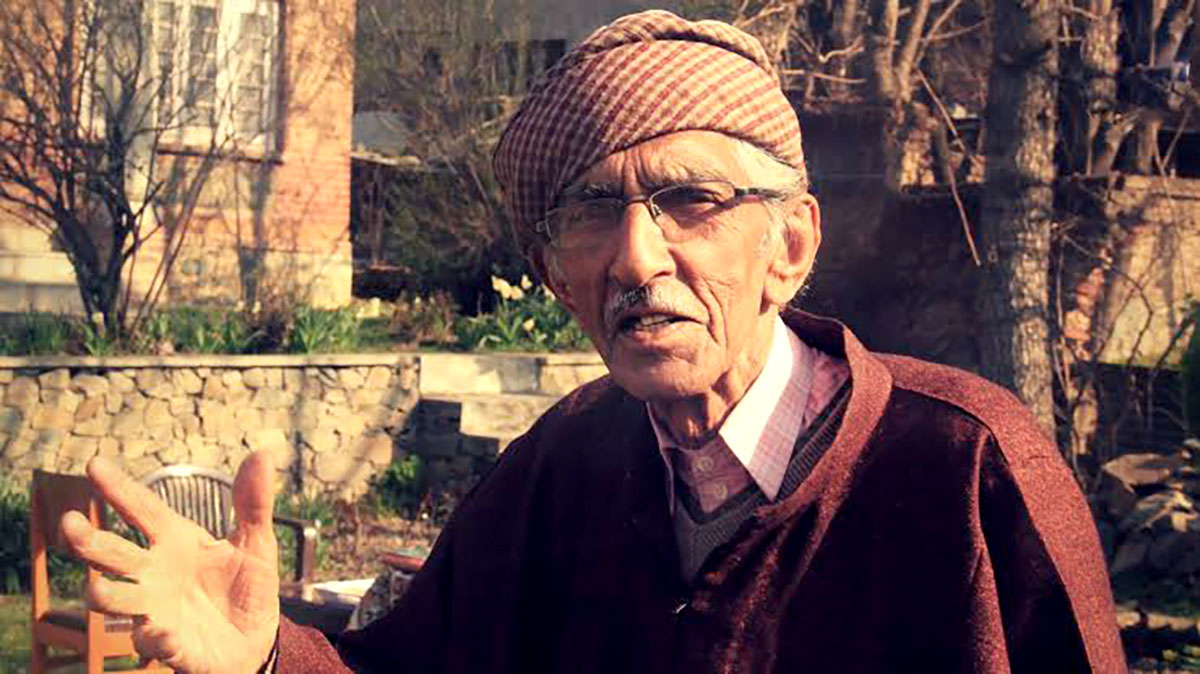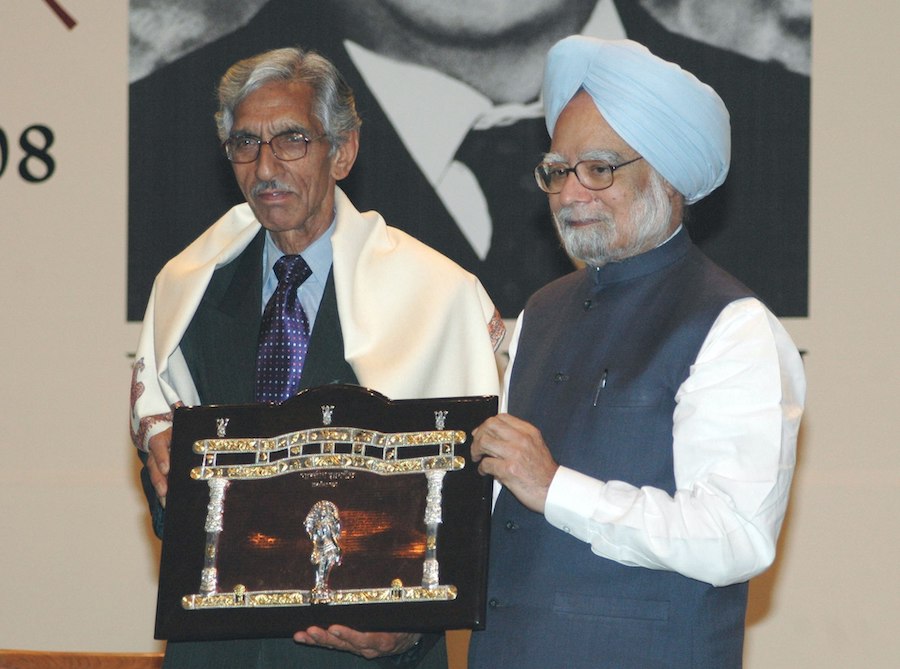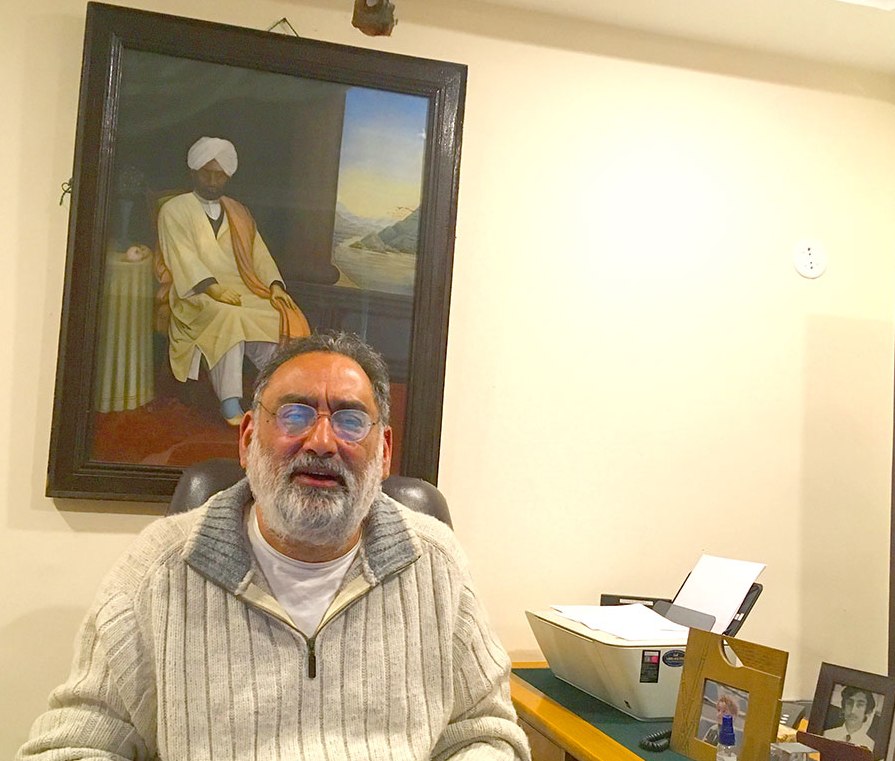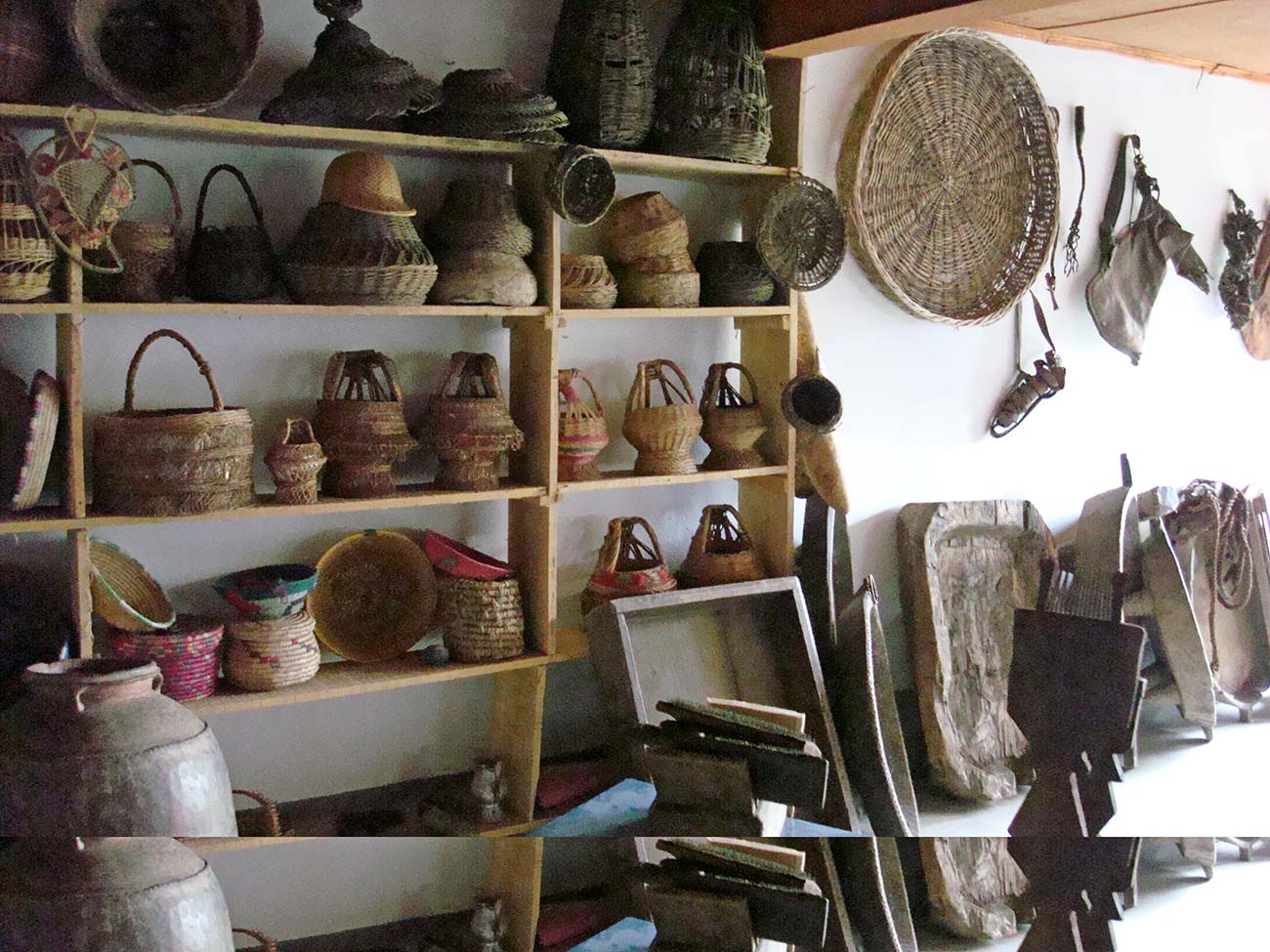Celebrating our own cultural personalities is a way of reaffirming our identity, writes Haseeb A Drabu, in a tribute to Rahi sahab

Rahman Rahi’s death is an occasion that should be celebrated, not mourned; celebrated for enriching our society, sharpening our sense of identity, and institutionalizing the learning of our language.
Rahi sahab, arguably the most important figure in the modern history of the Kashmiri language (not just poetry), led a fulfilling and purposeful life for 98 years. He has left behind a legacy that can evoke nothing but respect and reverence.
Rahi sahib was much more than a poet; as a literary critic, his contributions are as much as in poetry. Kahwat (Touchstone, 1980), his book on literary criticism raised the profile of Kashmiri criticism by seeking to develop an indigenous critical idiom. These essays won him the Best Literary Critic Award of the State Cultural Academy.
His other two books on literary criticism are Shaar Shinasee, 1982 and Kashir Shaeree Ta Waznuk Soorati Hal examines Kashmiri prosody within its own parameters that are distinct from Persian or Urdu and has caused quite a debate in literary circles. He is the founder and head of the Department of Kashmiri at the University of Kashmir.
From admiration of his peers, adulation of the literati, and recognition by the government – Sahitya Akademi Award in 1961, Padma Shri in 2000, Sahitya Akademi Fellowship in 2000, India’s highest literary award, the Jnanpith Award 2007- Rahi sahab had got everything that people of his elk desire.
For a government clerk to become a Professor Emeritus at the University of Kashmir is not a journey but a voyage. For a man with an extraordinarily humble background and difficult personal childhood, it is a pilgrimage of the mind. The stint with the Progressive Writers’ Association, both as a General Secretary and as editor of Kwang Posh, must have helped open up his mental vistas and vision.
The influence of this group left an indelible impression on young Rahi as he became a cultural activist of the undeclared communist party of Kashmir while still a student. Indeed, Nauroze-e-Subhah (The Morning Zephyr), which established him as a poet of reckoning and fetched him his Sahitya Academy award in 1961, comes from this influence. As also his admiration for, and the influence of, Dina Nath Nadim, who patronized progressive ideologies along with G M Sadiq.
His later or other works do not show any distinctive commitment to any regimentation in literature, thought or belief. The emergence of Rahi as a leading poet coincides with his sensibility as a writer becoming ethnic and free from any ideological dogmatism.
Rahi’s commitment to his identity came to the fore quite early in life. In defiance of Urdu being propagated as the language of Kashmir by some of the national leftist leaders, he switched over to writing in Kashmiri in 1952. An act of “resistance” if you will! His conviction about language and its role in identity impacted his political thinking.
In his acceptance speech on being conferred the highest honour of “Fellow” by the Sahitya Academy, Rahi said, “The Kashmiri language enables me to define my identity and my surroundings and then express my inmost feelings and thoughts and weave my choicest dreams”.
In one of his interviews, Rahi sahib revealed the unstated political context that he lived and wrote in, “there is also a historical consciousness of Kashmir being a country, a nation. That’s what it was even called until recently. And having seen the steady erosion of that, we wonder about it, are occupied with that loss.” He has, through his corpus of literary work, helped further that historical consciousness. And that is his greatest contribution.
It is true that much of Rahi’s poetry is not political, it is lyrical. But it does evoke, with great subtlety, the uniquely Kashmiri sensibility. In many of his poems, I find he is wistful, lonely, and unable to connect; very Kashmiri.
One need not agree with Rahi’s politics to find beauty and meaning in his poetry. Political correctness is not a good literary standard. Everyone is fascinated by Ghalib’s poetry even though appalled by his colonialist political views!
What is more relevant, the philosophical issues that underlie our society today –alienation, existential dilemma, social schizophrenia and human predicament, at personal, social and universal levels — are the principal themes of his poetry.
Rahi sahib may have distanced himself from separatist politics right from the start, but that should neither enhances nor lessen his contribution to the construction of the Kashmiri identity.
In many ways, ironic though it is, Rahi represented how our culture expresses the tragedy of our history. This is the way we must know and comprehend our literature and society. If a collective movement to recognize respect and more importantly identify with our cultural icons is not on our agenda, the loss of heritage will be greater than the loss of history.


If there was anything missing in Rahi’s life, it was perhaps an expression of gratitude from the public, his fellow Kashmiris. As always, civil society failed to celebrate the achievement or acknowledge the contribution of one of our greatest poets. I remember, when Rahi sahib was awarded the Jnanpith Award in 2008, none of the leading local daily newspapers of Kashmir had carried it, though the national daily Times of India had. Such apathy to our cultural icons is nothing but apathy to ourselves and our being.
Celebrating the achievement of an indigenous cultural personality is, and should be seen as a substantive way of asserting, reaffirming and constructing a sub-national identity. It can be a consciousness-building event especially in a society like ours that is starved of iconic figures. So let us celebrate Rahi!
(Ideas expressed in the write-up are personal)















